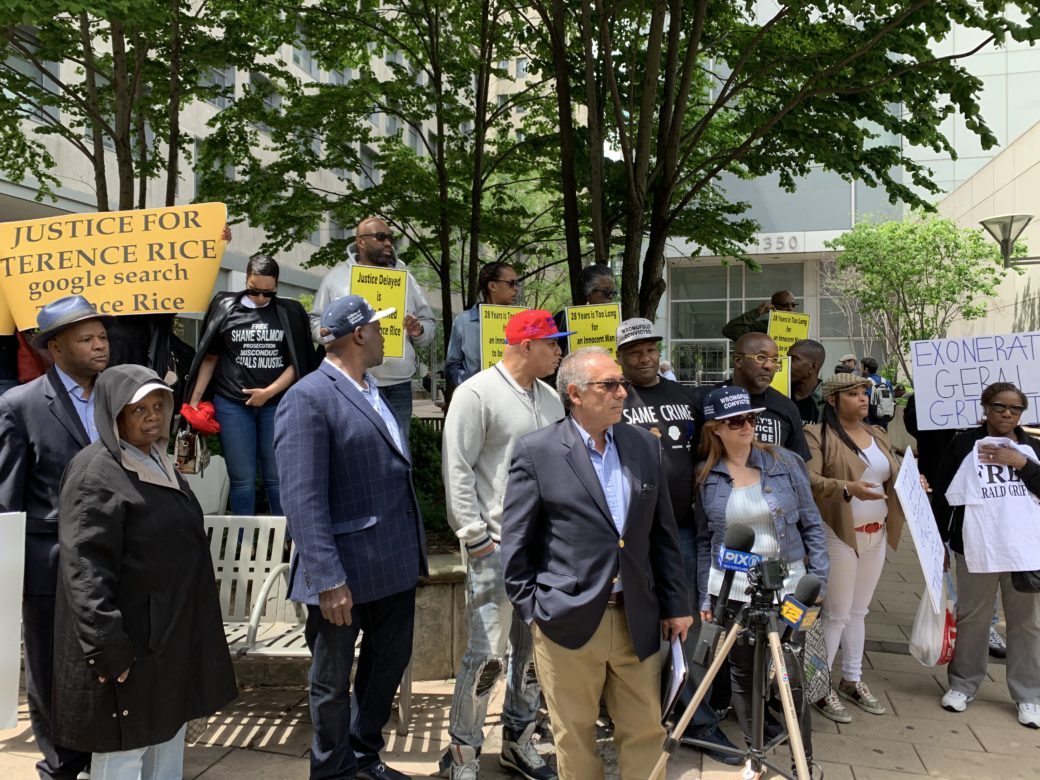Critics say DA’s Conviction Review Unit is “no longer functional”

Activists and defense lawyers rallied outside the Brooklyn District Attorney’s office on Thursday to criticize the process through which old convictions are reviewed and sometimes overturned — a process they say has lost steam since 2017.
The group Families of the Wrongfully Convicted, along with lawyers from the Legal Aid Society, argued that the Conviction Review Unit — established in 2014 under the late Brooklyn DA Kenneth Thompson — lacks transparency and leaves cases in limbo for years with no decisions made.
“The Brooklyn Conviction Review Unit is broken,” said Lonnie Soury, a co-founder of Families of the Wrongfully Convicted. “We believe that it is keeping many cases in limbo. We understand that only three cases in the last two and a half years have been overturned.”

Brooklyn Boro
View MoreNew York City’s most populous borough, Brooklyn, is home to nearly 2.6 million residents. If Brooklyn were an independent city it would be the fourth largest city in the United States. While Brooklyn has become the epitome of ‘cool and hip’ in recent years, for those that were born here, raised families here and improved communities over the years, Brooklyn has never been ‘uncool’.